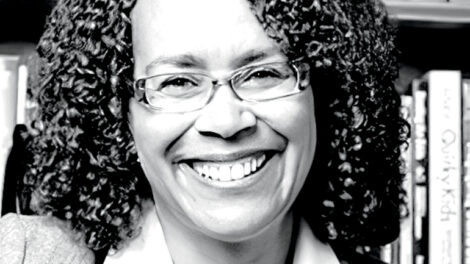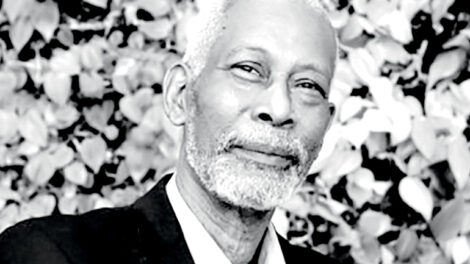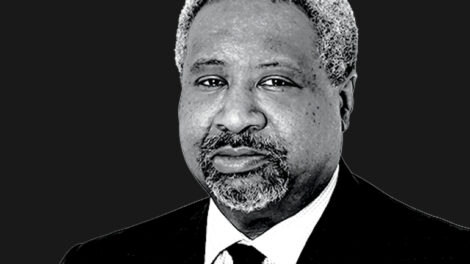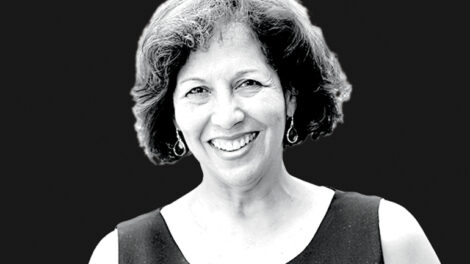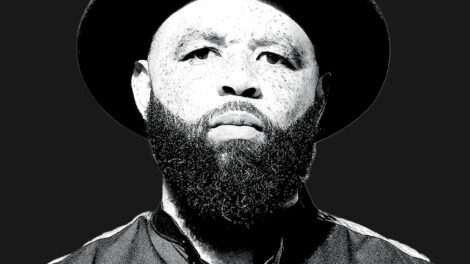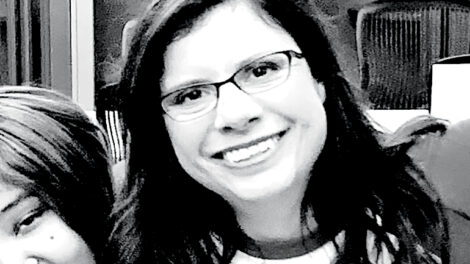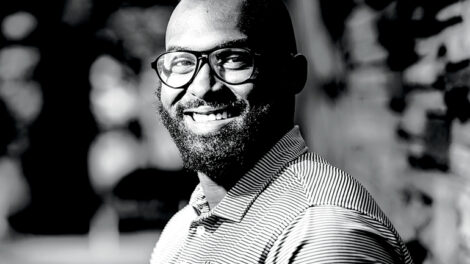The Changemakers
Our country is experiencing a tumultuous period. The historic confluence of civil unrest, divisive politics, and a pandemic (which has only drawn more attention to social inequalities) has led to a recognition of the work that needs to be done in our communities, organizations, and institutions.
As we work to find the path forward, we can look to our very own Lafayette community for guidance and inspiration. Here, we celebrate the efforts of 16 alumni who are advocates for social justice in their workplaces and communities. In classrooms, boardrooms, and courtrooms, they have raised consciousness, broken barriers, challenged the norm, and used their voice to advocate for those around them. We hope their personal reflections on their work and on current events, shared here, bring you pride and encouragement.
Creating Campus Change
Recognizing those who made a difference while on campus
Lafayette students turned down an invitation to play in what would be their first Sun Bowl after being told that David Showell ’51, a halfback on the school’s football team, wouldn’t be allowed to play in the game because he was Black. The student body swiftly responded by protesting in downtown Easton and sending a telegram to President Harry S Truman, insisting that Showell be allowed to participate. These events shook the college football establishment and played an integral role in the desegregation of the Sun Bowl, which took place in 1952.
Lafayette’s Phi Kappa Tau’s fraternity brothers collectively resigned from their national charter when they were prohibited to initiate two black pledges, Edward Washington ’59 and Victor Partridge ’59. The chapter became Delta Sigma until Lafayette resolved to abolish all organizations that discriminated against members based on race, religion, or color in 1956, and they rejoined Phi Kappa Tau when the charter made constitutional changes several years later.
Alongside several other Black students, Lawrence Lennon ’71 co-founded the Lafayette chapter of Association of Black Collegians (ABC) and presented a list of demands to then-president Roald Bergethon that the College admit more Black students, end racism on campus, create more courses devoted to Black studies, add more Black faculty and administrators, and establish a campus house for Black students. Thus, the Black House was created, giving students of color a cultural center on campus where they could socialize and feel a greater sense of solidarity. ABC has since been a pillar of the Lafayette community and one of the main supporters of social change both on and off campus.
Toussaint Helm ’17 organized one of the first groups of Black engineering students at Lafayette to attend the annual BEYA STEM Global Competitiveness Conference, which gives students of color from around the nation the opportunity to network and explore STEM careers. This, in turn, sparked the founding of the National Society of Black Engineers (NSBE) chapter at Lafayette. “I hope future and current Lafayette students feel like they have the support, resources, and opportunities to succeed while pursuing their education,” Helm says.
Esmeralda Sotelo ’18 founded the Lafayette chapter of Society of Hispanic Professional Engineers (SHPE) to help first-generation, low-income Hispanic STEM students succeed in their studies and in the industry. The following year, she received the Frances Ocansey-Ahene Spirit of Multiculturalism Award for her commitment to academic excellence and inclusive leadership. “I experienced extreme culture shock my freshman year, and I saw several Hispanic engineers drop their majors and realized we were not receiving the support we needed,” Sotelo says.
